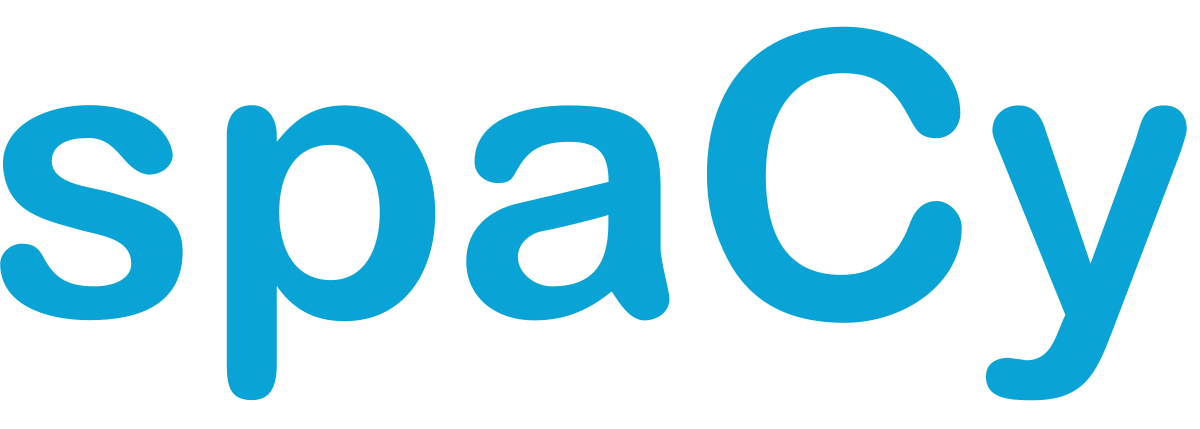Fostering text mining with knowledge graphs: An approach to support business experts in defining domain-specific document sets
Abstract
Text mining techniques offer an efficient approach to extract information from text-based data, such as online news, for strategic planning tasks like the scenario technique. Data selection and data preprocessing is a crucial step in this process, during which decisive search terms help to sharpen the text corpus for downstream text mining activities. The integration of business knowledge is crucial for the creation of high-quality domain-specific document sets. Manually defining search terms is a time-consuming task for managers. Knowledge graphs accelerate this vital process: Based on a few initial search terms, related domain-specific subgraphs are selected which yield additional search terms that cannot be retrieved via thesauri or mere semantic similarity comparisons. Furthermore, possible biases introduced by subjective expert assessments are avoided and a more objective data selection is realized. The concept is demonstrated in a use case on electric mobility including an online demonstrator (www.digital-scenarios.com).
search-space definition supported by knowledge graph
Using initial terms that describe the environment, semantically similar entities are identified automatically. Such a search space contains entities and search terms that can be used for document filtering.

Supporting scenario definition and controlling with knowledge graphs and dynamic topic modeling
Abstract
The scenario management process can be subdivided into the process steps of search space definition, scenario creation and scenario monitoring. We analyze existing approaches to automation of this process and derive focus areas for improvement. First, our approach supports identifying possibly neglected but related topic areas during search space definition based on global knowledge graphs. Second, we employ a machine learning approach to identify topics and describe their temporal development at the same time (Dynamic Topic Modeling) thus supporting scenario monitoring. Third, we integrate the results into an interactive solution which allows domain experts to evaluate labeled factors, combine them into so-called “key factors” for scenarios and analyze their development and their changes over time. All steps are illustrated in a case study for which we analyzed 18,000 news stories. Summarized, we partially automate the scenario process by speeding up information retrieval and definition of key factors while leaving the creative definition of scenarios based on these factors to domain experts. An interactive excerpt of the results is available via www.digital-scenarios.com.

Dynamic Topic Modelling (DTM)
Documents with a mention of an environment-related entity are analyzed with Dynamic Topic Modeling. The underlying topics of the document set and their development over time can thus be visualized.
Monitoring dashboard
The results of the DTM can be used for scenario development and subsequent scenario controlling. For this purpose, the results are processed and made available to business experts via an interactive dashboard tool.

Technology Stack











